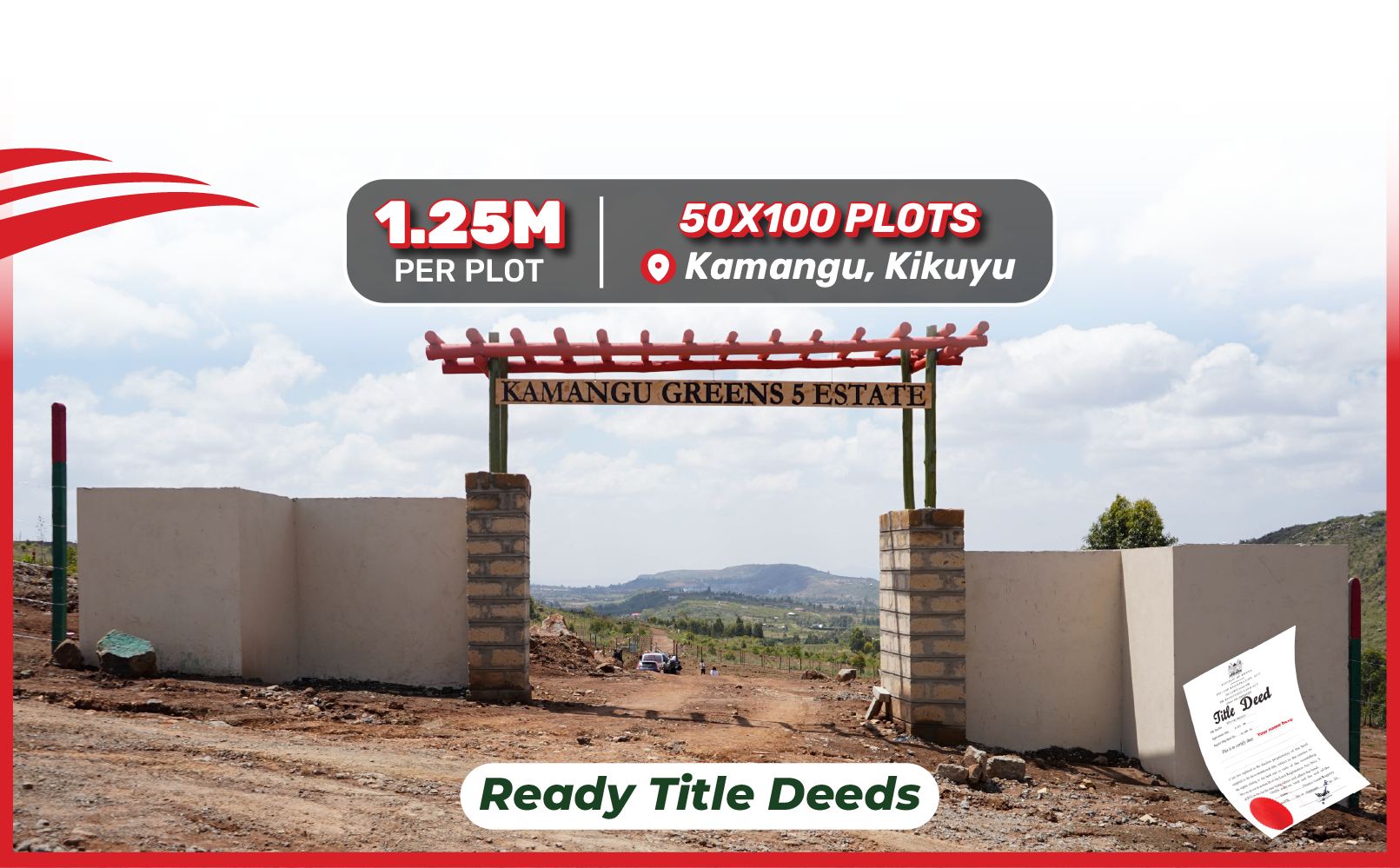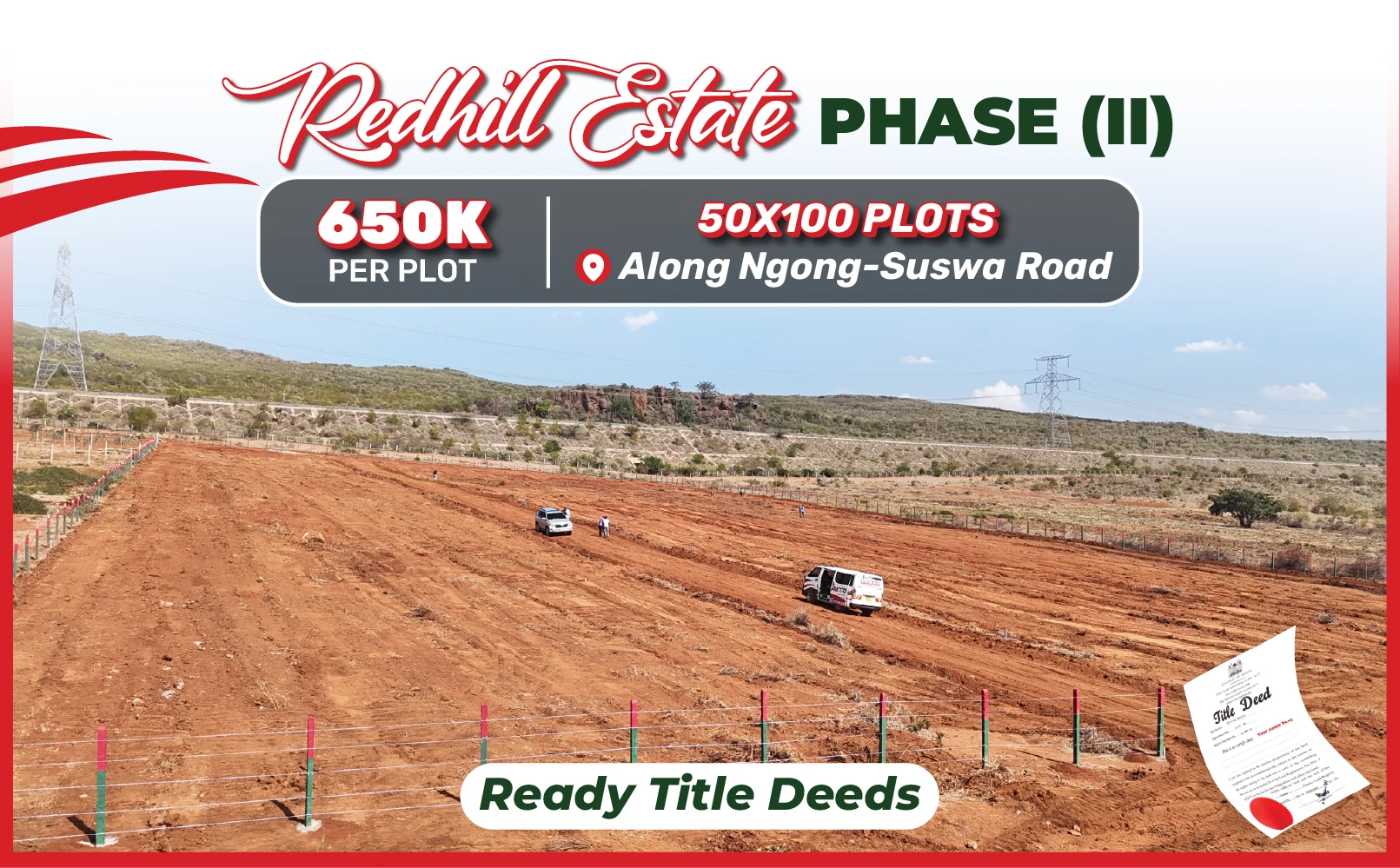4 TYPES OF LAND DISPUTES & HOW TO RESOLVE THEM
Having land conflicts is very common especially when one party is deceased and maybe they didn’t leave a will behind explaining how the property should be shared that’s when it all stirs up.
Below are the four types of Land disputes:
Right of Inheritance Disputes
This refers to a situation where a decedent’s beneficiaries or family members are in disagreement about how the decedent’s estate should be divided. In the case of the death of a parent a dispute can arise if one or more sibling is favoured over and above the others especially if there was no will left behind.
Partition Disputes
This refers to disputes around dividing the property of a Hindu Undivided family.
Land Measurement Disputes
This is a dispute between owners who have land next to each other arguing about the measurements of their plots that may have not been fairly done or recorded.
Land Ownership Disputes
This is a land dispute conflicting claims to rights in land by two or more parties that focuses on a particular piece of land, which can be addressed within the existing legal framework.
Land disputes may or may not reflect some broader conflict over land.
Here is how you can solve the above land disputes problems
Having Community Gathering Meetings
This involves bringing all those who are involved in the land disagreement together and having a broad conversation with them on how that can be worked out, it basically entails talking it through in a more polite reasonable way. The main aim of this is to give each party a chance to air out their views so that the problem can be identified and more easier ways will be looked for so that they can resolve the matter. And in this case it’s always advisable to ensure that there’s a facilitator in between, one who ensures that there’s no biasness even when it comes to judgement. This can also be recommended to settle claims of land boundaries as well.
Involving Government Officials
As the matter or story gets deep and high it is always advisable to consider raising the stakes as well as this can be done by involving respected, high ranked leaders may be able to use their authority to help both parties resolve difficult land conflicts.
Some people are always threatened when they see high office officials because that, to them is power and authority at work and they will kneel to them rather than using village elders other people need to be shaken a little bit and this only applies if the above one has failed.
And finally once a resolution to the conflict is reached, it should be recorded in writing and signed by all the parties. This will help ensure that everyone adheres to the signed agreement. Don’t risk finishing it without this. Read: 9 FREQUENTLY ASKED QUESTIONS BY LAND BUYERS




